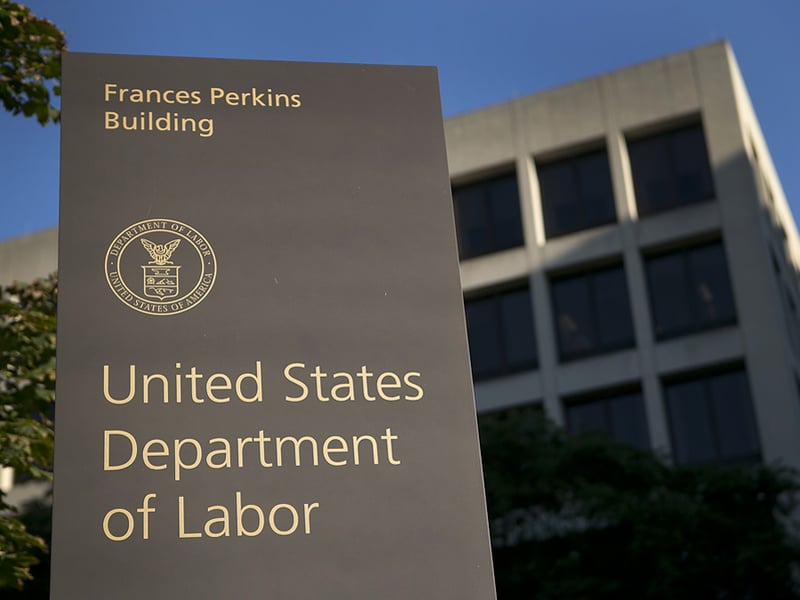The Labor Department has clarified that insurance firms can qualify for an exemption provided in a regulation that raises investment advice standards for retirement accounts.
The agency made 13 technical corrections to the rule, which were posted on the Federal Register website Thursday.
One of the changes deleted six words that had caused confusion about whether insurance firms could use the so-called best-interest contract exemption.
Under the provision, financial advisers are given latitude in how they charge for their services as long as they sign a legally binding contract that requires them to act in the best interests of their clients.
The final version of the rule, which was released in April, defined an insurance firm as a financial institution as long as the state requires an annual audit of its reserves “by an independent firm of actuaries.”
The
new language deletes those six words, because many states don't require that insurers use independent actuaries.
“Our intent was to enable insurance companies to use the exemption,” said a DOL official who asked not to be identified.
(More: The most up-to-date information on the DOL fiduciary rule)
Most of the technical corrections to the 1,023 page final rule involved cleaning up typos and other syntax errors.
Neither the language defining insurance companies as financial institutions nor the other snafus that were fixed would have provided loopholes to the rule or affected compliance.
“None of this should make a difference to anyone in operation in the sense that it's all what we intended,” the DOL official said.
Even though opponents have filed five lawsuits to stop the rule, the
DOL continues to meet with financial firms and advisers to answer their questions about the regulation.
The agency has promised to issue guidance in the near future pertaining to concerns that have been raised about compliance.







